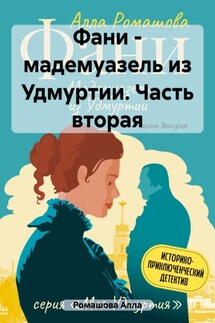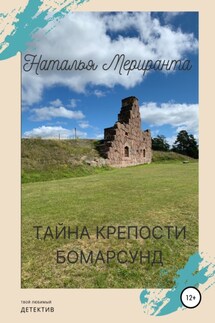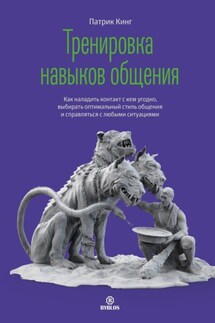The Murder of Roger Ackroyd / Убийство Роджера Экройда - страница 51
‘Ah!’ said Caroline darkly, ‘Mrs Ackroyd! There’s another!’
‘Another what?’
Caroline refused to explain her remarks. She merely nodded her head several times, rolling up her knitting, and went upstairs to don the high mauve silk blouse and the gold locket which she calls dressing for dinner.
I stayed there staring into the fire and thinking over Caroline’s words. Had Poirot really come to gain information about Miss Russell, or was it only Caroline’s tortuous mind that interpreted everything according to her own ideas?
There had certainly been nothing in Miss Russell’s manner that morning to arouse suspicion. At least-
I remembered her persistent conversation on the subject of drug-taking – and from that she had led the conversation to poisons and poisoning. But there was nothing in that. Ackroyd had not been poisoned. Still, it was odd…
I heard Caroline’s voice, rather acid in tone, calling from the top of the stairs.
‘James, you will be late for dinner.’
I put some coal on the fire and went upstairs obediently.
It is well at any price to have peace in the home.
Chapter 12
Round the Table
A joint inquest was held on Monday.
I do not propose to give the proceedings in detail. To do so would only be to go over the same ground again and again. By arrangement with the police, very little was allowed to come out. I gave evidence as to the cause of Ackroyd’s death and the probable time. The absence of Ralph Paton was commented on by the coroner, but not unduly stressed.
Afterwards, Poirot and I had a few words with inspector Raglan. The inspector was very grave.
‘It looks bad, M. Poirot,’ he said. ‘I’m trying to judge the thing fair and square. I’m a local man, and I’ve seen captain Paton many times in Cranchester. I’m not wanting him to be the guilty one – but it’s bad whichever way you look at it. If he’s innocent, why doesn’t he come forward? We’ve got evidence against him, but it’s just possible that the evidence could be explained away. Then why doesn’t he give an explanation?’
A lot more lay behind the inspector’s words than I knew at the time. Ralph’s description had been wired to every port and railway station in England. The police everywhere were on the alert. his rooms in town were watched, and any houses he had been known to be in the habit of frequenting. With such a cordon it seemed impossible that Ralph should be able to evade detection. he had no luggage, and, as far as anyone knew, no money.
‘I can’t find anyone who saw him at the station that night,’ continued the inspector. ‘And yet he’s well known down here, and you’d think somebody would have noticed him. There’s no news from Liverpool either.’
‘You think he went to Liverpool?’ queried Poirot.
‘Well, it’s on the cards. That telephone message from the station, just three minutes before the Liverpool express left – there ought to be something in that.’
‘Unless it was deliberately inteded to throw you off the scent. That might just possibly be the point of the telephone message.’
‘That’s an idea,’ said the inspector eagerly. ‘do you really think that’s the explanation of the telephone call?’
‘My friend,’ said Poirot gravely, ‘I do not know. But I will tell you this: I believe that when we find the explanation of that telephone call we shall find the explanation of the murder.’
‘You said something like that before, I remember,’ I observed, looking at him curiously.











